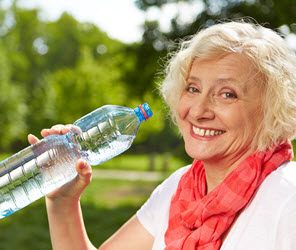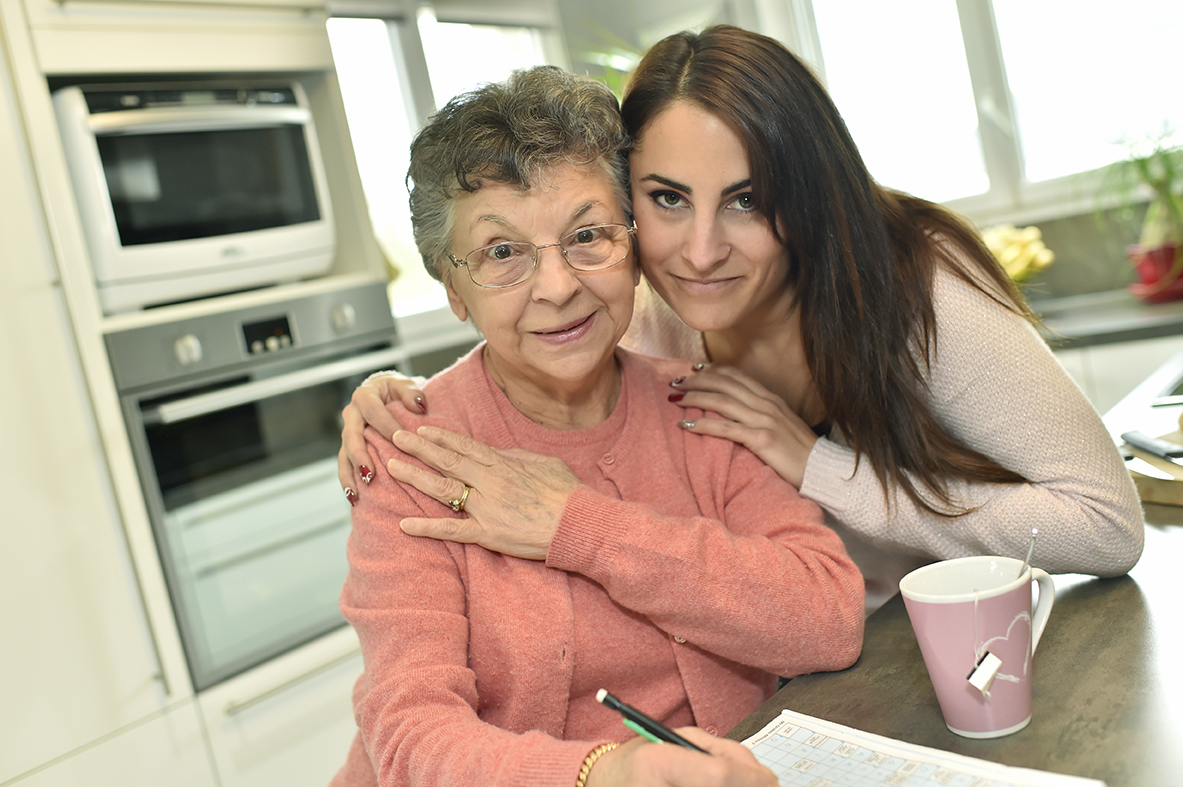
Hydration is a fundamental aspect of overall health and well-being, but as we age, staying adequately hydrated can become a bit more challenging. Dehydration is a significant concern for seniors, and it can have adverse effects on their health and quality of life. In this article, we'll emphasize the importance of hydration in seniors, discuss the challenges they face, and provide practical strategies for older individuals to maintain proper hydration.
The challenges of staying hydrated as we age
Find YOUR ideal care home NOW!
Several factors contribute to the increased risk of dehydration in seniors:
-
Reduced thirst sensation: Aging can dull the sensation of thirst, making it less likely for seniors to drink fluids even when their bodies need it.
-
Medications: Many seniors take medications that can have diuretic effects, increasing the frequency of urination and the risk of dehydration.
-
Mobility issues: Limited mobility can make it more difficult for seniors to access and pour drinks, discouraging them from staying hydrated.
-
Chronic health conditions: Certain medical conditions, such as kidney disease or diabetes, can affect fluid balance and hydration.
Thinking about everyday wellbeing as you age?
Staying well hydrated is an important part of maintaining energy, comfort and overall health in later life. When managing daily habits such as drinking enough fluids becomes more difficult, families may begin to reflect on the level of support available at home. Senior Home Plus provides independent guidance to help families understand care home options when additional support or a more suitable living environment becomes necessary.
Get guidance on care options for older adultsFree guidance • No obligation
3 Tips for seniors to stay well-hydrated
-
Set a hydration schedule: Seniors can benefit from establishing a routine for drinking fluids. For instance, they can aim to have a glass of water with each meal and in between meals. Using a timer or a smartphone reminder can help prompt regular hydration.
-
Choose hydrating foods: Some foods have high water content and can contribute to hydration. Watermelon, cucumbers, oranges, and strawberries are examples of foods that provide both nutrients and fluids. Including these items in their diet can help seniors meet their hydration needs.
-
Keep water accessible: Seniors should have easy access to water throughout the day. Placing a water bottle within reach or using a spill-proof cup with a straw can make it more convenient to stay hydrated. Caregivers and family members can assist in ensuring that water is readily available.
It's important to recognize the signs of dehydration in seniors, which can include dry mouth, dark yellow urine, dizziness, confusion, and low energy levels. If any of these symptoms are observed, it's crucial to address the issue promptly by increasing fluid intake.
Hydration Strategies for Seniors
| Strategy | How It Helps |
|---|---|
| Set a Hydration Schedule | Encourages regular fluid intake throughout the day. |
| Choose Hydrating Foods | Water-rich fruits and vegetables supplement fluid intake. |
| Keep Water Accessible | Ensures easy access to drinks, reducing effort to stay hydrated. |
| Use Reminder Tools | Timers or smartphone alerts can prompt seniors to drink. |
In conclusion, the importance of hydration in seniors cannot be overstated. Staying well-hydrated is vital for maintaining physical and cognitive health as one ages. By acknowledging the challenges and implementing practical strategies like setting a hydration schedule, choosing hydrating foods, and keeping water accessible, seniors can support their overall well-being and continue to enjoy life to the fullest.
FAQ:
Why is dehydration common in seniors?
Seniors experience reduced thirst sensation, medication side effects, and mobility challenges, making hydration more difficult.
How much water should seniors drink daily?
Seniors should aim for 6-8 glasses of fluids per day, adjusting based on activity level and medical conditions.
What are signs of dehydration in elderly individuals?
Symptoms include dry mouth, dark yellow urine, dizziness, confusion, and low energy levels.
What foods help with hydration?
Water-rich foods like watermelon, cucumbers, oranges, and strawberries support fluid intake.
How can seniors remember to drink water?
Using a hydration schedule, setting reminders, and keeping water within reach can help maintain fluid intake.
Can tea, coffee, or juice count toward daily hydration?
Yes, but water is the best choice. Herbal teas, milk, and diluted fruit juices can also contribute to hydration.
Why is hydration important for cognitive function in seniors?
Proper hydration supports mental clarity, memory, and reduced confusion, which is crucial for elderly individuals.
Can dehydration lead to serious health issues in seniors?
Yes, prolonged dehydration can cause urinary tract infections, kidney problems, and increased fall risk.
What are easy ways to encourage hydration in seniors?
Placing water bottles within reach, offering flavored water, and using spill-proof cups can make drinking easier.
How does hydration impact mobility and energy levels?
Proper hydration reduces fatigue, prevents dizziness, and supports joint health, helping seniors stay active.
Need help finding a care home?
Senior Home Plus offers free personalized guidance to help you find a care facility that suits your health needs, budget, and preferred location in the UK.
Call us at 0203 608 0055 to get expert assistance today.
Do you need a care home for yourself or your loved one?
Search for Care Homes by Region
| East Midlands | Eastern | Isle of Man |
| London | North East | North West |
| Northern Ireland | Scotland | South East |
| South West | Wales | West Midlands |
| Yorkshire and the Humber |
Share this article :
Latest posts
You are looking for an establishment for your loved one ?
Get availability & prices
Fill in this form and receive
all the essential information
We would like to inform you of the existence of the opposition list for telephone canvassing.








.jpg)

